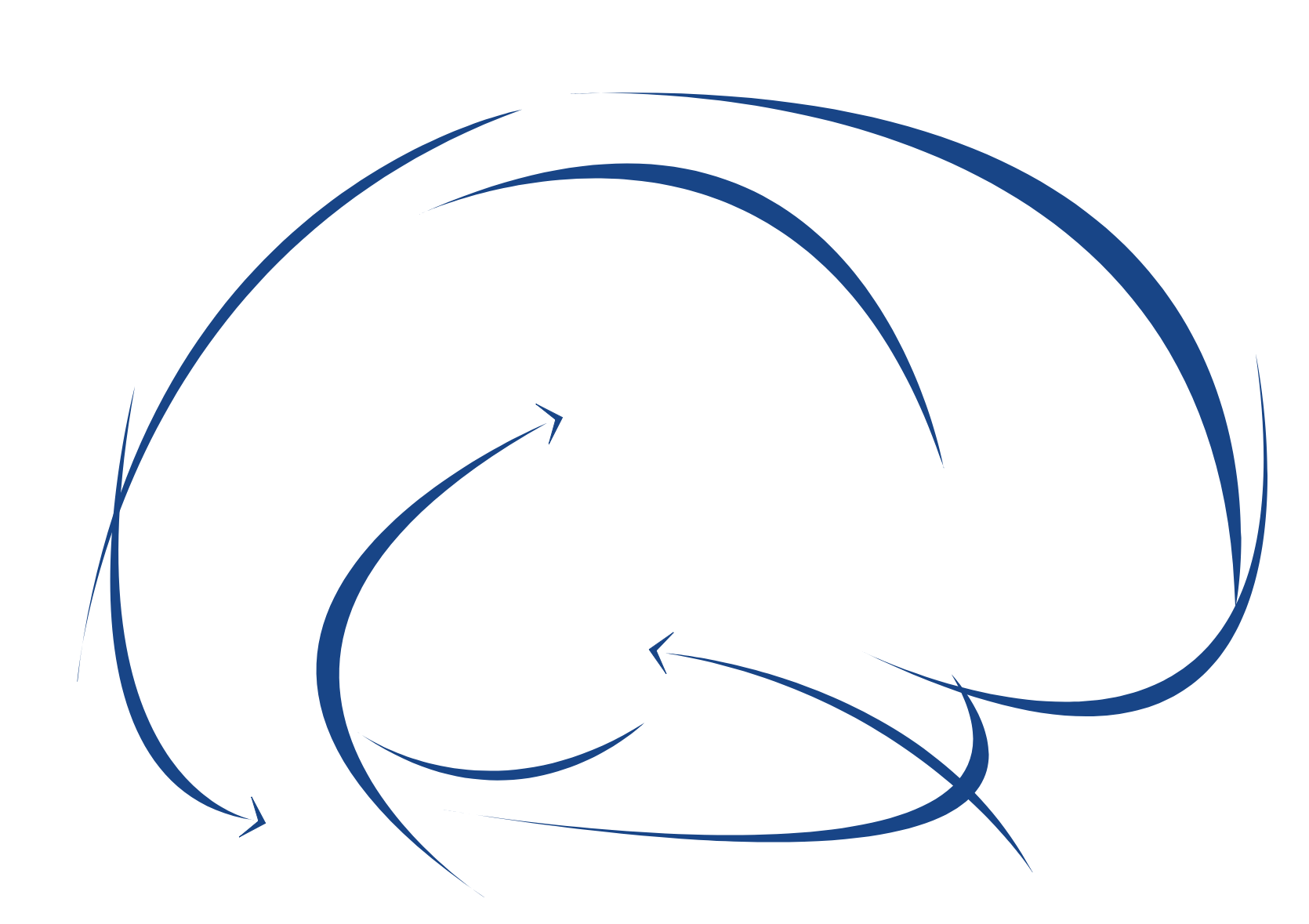Aurélie Bidet-caulet
Researcher / CR INSERM (HDR)
BIO
I performed my PhD work on the perception of complex auditory streams in the Brain Dynamics and Cognition lab, in Lyon (France) under the supervision of Dr. Olivier Bertrand. Then, I joined the lab of Pr. RT Knight at the University of California, Berkeley (USA) to explore the brain mechanisms of auditory selective attention. In 2010, I got appointed as an academic researcher at the French National Institute of Health and Medical Research (INSERM) to work in the Lyon Neuroscience Research Center (France). In 2021, I joined the DCP team at the INS in Marseille. My research work focuses on the brain mechanisms of auditory attention in Human, using pupillometry, scalp EEG, intracortical EEG and MEG. More specifically, I investigate the balance between bottom-up and top-down attention during typical development and ageing, and in different pathologies such as migraine, stroke, ADHD… I am particularly interested in the role of oscillatory cortical activities in the communication within and between the brain networks supporting attention.
J'ai réalisé mon travail de thèse sur la perception des flux auditifs complexes au laboratoire de Dynamique du Cerveau et Cognition, à Lyon (France) sous la direction du Dr Olivier Bertrand. Ensuite, j'ai rejoint le laboratoire du Pr. RT Knight à l'Université de Californie, Berkeley (USA) pour explorer les mécanismes cérébraux de l'attention sélective auditive. En 2010, j'ai été nommée chercheure à l'Institut national de la santé et de la recherche médicale (INSERM) pour travailler au Centre de recherche en neurosciences de Lyon (France). En 2021, j'ai rejoint l'équipe DCP à l'INS à Marseille. Mes travaux de recherche portent sur les mécanismes cérébraux de l'attention auditive chez l'Homme, en utilisant la pupillométrie, l'EEG de scalp, l'EEG intracortical et la MEG. Plus précisément, j'étudie l'équilibre entre l'attention bottom-up et top-down au cours du développement typique et du vieillissement, et dans différentes pathologies telles que la migraine, l'accident vasculaire cérébral, le TDAH… Je m’intéresse tout particulièrement au rôle des activités corticales oscillatoires dans la communication au sein de et entre les réseaux cérébraux impliqués dans l'attention.

